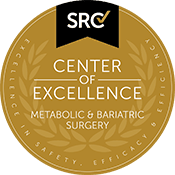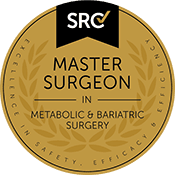
- Expertise
- Compassion
- Success
Lose the Weight and
Gain Back Your Life!
The Importance of Good Fats
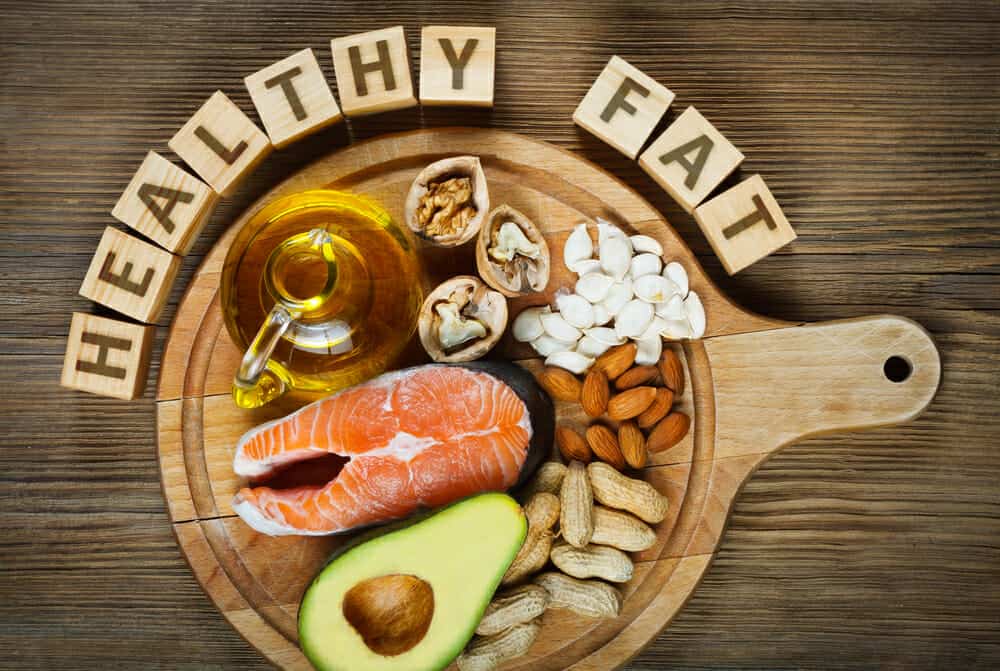
Whenever we talk about good nutrition after bariatric surgery we frequently hear about the importance of protein but we far less frequently do we talk about getting the right balance of fat in our diet. It is important to know that not all fats are bad, rather it is all about getting the right mix of fats to help reduce inflammation and keep our cells healthy, especially when you are not eating a whole lot. So here is what you need to know.
When it comes to fat in our diets there are two main types – saturated fats found in animal based foods including dairy, meat and many fried and processed foods such as biscuits, cakes and fast foods and unsaturated fats found in vegetable oils, nuts, seeds and avocado. The unsaturated fats also include the omega 3 fats – fats that are primarily found in fish and fats that are known to have a number of specific health benefits. The average intake of omega 3 fats in our diets has declined over thousands of years as changes in our diet as seen us consume more processed foods and less seeds, nuts and fish in general. The result is a diet that is relatively high in saturated fats and omega 6 fats coming from vegetable oils and processed foods and relatively low in the long chain omega 3 fats.
The average adult needs to least 40-60g of fats, mostly from good fats every day. If you are not eating fish, nuts and seeds regularly it can be difficult to get this amount, which in turn means you are likely to be having too much saturated fat from dairy and meat. So if you have not been paying a lot of attention to your fat intake, here are the foods to focus on, albeit in small amounts depending on what you are able to tolerate.
1) Focus on oily fish
While all types of fish are good for us, it is salmon and sardines that are particularly high in omega 3 fats. Tuna is also a good choice too but canned tuna is often low fat and as such as had some of the vital omega 3 fats removed and as such canned or fresh salmon or fresh tuna is a better choice when it comes to the omega 3 content. Try mashing up a little salmon into vegetables, making mini balls or patties or evening crumbing a few strips and cooking them on the BBQ for easy and omega 3 rich meals.
2) Include some white fish
While salmon, tuna and sardines are especially rich in omega 3 fats, some types of white fish also contain some omega 3’s including John Dory, snapper and barramundi are also relatively good sources. White fish can easily be crumbed to make healthy fish fingers, blended into fish cakes or enjoyed baked with soft vegetables.
3) Choose the right crackers or bread
Grain based breads and crackers especially soy linseed or chia loaves can be a good source of the plant form of omega 3 fat. If you can tolerate these foods, the grain varieties will ensure you get an extra serve of good fats each day.
4) Use superfoods
Chia is a superfood that can easily be incorporate into smoothies and yoghurt and chia is another rich source of the plant source of omega 3 fat. Just a couple of teaspoons of chia each day offers more than the recommended daily amounts of plant based omega’3’s.
5) Add in the right spreads
Often we revert to butter or margarine as our go to spread but if you have a family who can consume nuts and seeds without concern there are a wide range of nut and seed spreads available in supermarkets which are rich sources of the plant sources of omega 3 fat. Find them in the health food sections of supermarkets and just a couple of teaspoons is another easy way to boost your intake of food fat.
Whenever we talk about good nutrition after bariatric surgery we frequently hear about the importance of protein but we far less frequently do we talk about getting the right balance of fat in our diet. It is important to know that not all fats are bad, rather it is all about getting the right mix of fats to help reduce inflammation and keep our cells healthy, especially when you are not eating a whole lot. So here is what you need to know.
When it comes to fat in our diets there are two main types – saturated fats found in animal based foods including dairy, meat and many fried and processed foods such as biscuits, cakes and fast foods and unsaturated fats found in vegetable oils, nuts, seeds and avocado. The unsaturated fats also include the omega 3 fats – fats that are primarily found in fish and fats that are known to have a number of specific health benefits. The average intake of omega 3 fats in our diets has declined over thousands of years as changes in our diet as seen us consume more processed foods and less seeds, nuts and fish in general. The result is a diet that is relatively high in saturated fats and omega 6 fats coming from vegetable oils and processed foods and relatively low in the long chain omega 3 fats.
The average adult needs to least 40-60g of fats, mostly from good fats every day. If you are not eating fish, nuts and seeds regularly it can be difficult to get this amount, which in turn means you are likely to be having too much saturated fat from dairy and meat. So if you have not been paying a lot of attention to your fat intake, here are the foods to focus on, albeit in small amounts depending on what you are able to tolerate.
1) Focus on oily fish
While all types of fish are good for us, it is salmon and sardines that are particularly high in omega 3 fats. Tuna is also a good choice too but canned tuna is often low fat and as such as had some of the vital omega 3 fats removed and as such canned or fresh salmon or fresh tuna is a better choice when it comes to the omega 3 content. Try mashing up a little salmon into vegetables, making mini balls or patties or evening crumbing a few strips and cooking them on the BBQ for easy and omega 3 rich meals.
2) Include some white fish
While salmon, tuna and sardines are especially rich in omega 3 fats, some types of white fish also contain some omega 3’s including John Dory, snapper and barramundi are also relatively good sources. White fish can easily be crumbed to make healthy fish fingers, blended into fish cakes or enjoyed baked with soft vegetables.
3) Choose the right crackers or bread
Grain based breads and crackers especially soy linseed or chia loaves can be a good source of the plant form of omega 3 fat. If you can tolerate these foods, the grain varieties will ensure you get an extra serve of good fats each day.
4) Use superfoods
Chia is a superfood that can easily be incorporate into smoothies and yoghurt and chia is another rich source of the plant source of omega 3 fat. Just a couple of teaspoons of chia each day offers more than the recommended daily amounts of plant based omega’3’s.
5) Add in the right spreads
Often we revert to butter or margarine as our go to spread but if you have a family who can consume nuts and seeds without concern there are a wide range of nut and seed spreads available in supermarkets which are rich sources of the plant sources of omega 3 fat. Find them in the health food sections of supermarkets and just a couple of teaspoons is another easy way to boost your intake of food fat.
For more information about weight loss surgery, please call Advanced Surgicare on 1300 551 533 or send an email on info@advancedsurgicare.com.au today.
